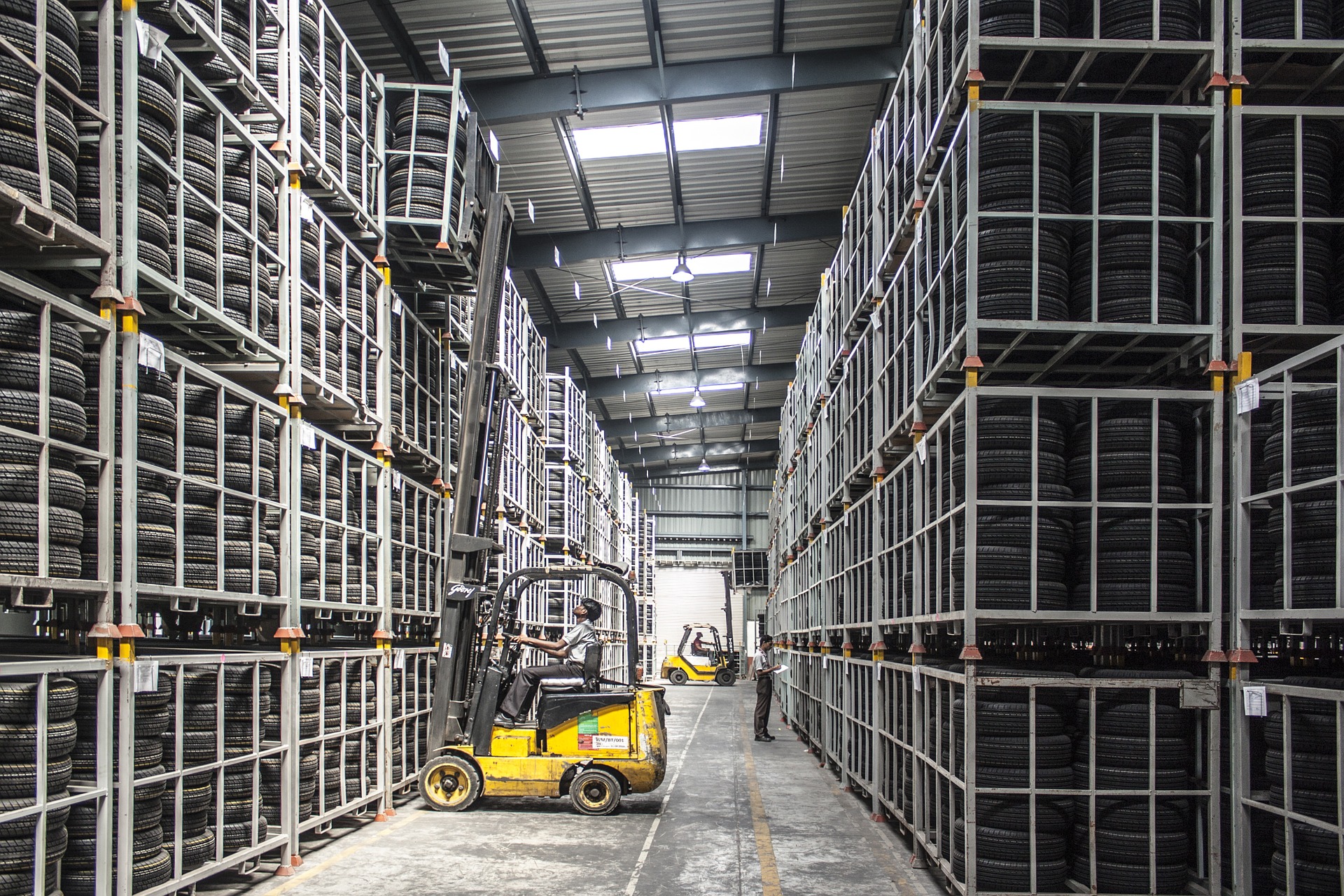The implementation of the Tax Cuts and Jobs Act (TCJA) has brought about stricter guidelines for the deductibility of jobsite meals and entertainment expenses. With the revisions to Section 274 there have been some misconceptions regarding how to apply the new rules and the opportunities that remain.
To better understand the changes that have occurred, let’s compare the old guidelines with respect to employer provided meals:
Prior to the TCJA, meals provided to an employee for the convenience of the employer on the employer’s business premises were fully deductible if the cost was excluded from the employees’ gross income as a de minims fringe benefit.
In the construction industry, job sites are considered the business premises. So, as a practical application, if pizza was ordered on a jobsite, the cost was fully deductible to the contractor and excluded from the employee’s gross income.
Under the TCJA, the exception that provided 100% deductibility for these types of meals was removed resulting in that same pizza being only 50% deductible by the contractor. The change to the deductibility of meals provided for the convenience of the employer became effective January 1, 2018 and remains in effect until December 31, 2025. For tax years beginning after December 31, 2025, the TCJA disallows 100% of an employer’s deduction for such expenses.
Meal expenses incurred by an employee while at an out-of-town jobsite are 50% deductible to the company. However, if the expenses are included in the employee’s compensation they would be fully deductible to the company. Additionally, any out-of-town travel expenses such as mileage, airfare and/or hotel accommodations are fully deductible to the company.
Other meal expenses that fall into the category of being 50% deductible include networking meals while attending trade shows, conferences and other types of professional meetings and meals to discuss job status and performance with project management or estimators. Entertainment expenses incurred in conjunction with these meals are non-deductible.
Expenses incurred for social or recreational purposes primarily for the benefit of employees, such as holiday parties, employee happy hours and other team building events remain fully deductible expenses, provided they are not primarily for the benefit of highly compensated employees.
Showcasing or providing an “open house” where the general public is invited will be a fully deductible expense. Expenses relating to the event can include advertising and promotion for the event, utility expenses during the event as well as the food, beverage and entertainment expenses required as a host.
Generally, all meals became 50% non-deductible and all entertainment became 100% non-deductible effective January 1, 2018, unless a specific exception applies. The exceptions include:
- Expenses incurred for social or recreational purposes primarily for the benefit of employees (other than highly compensated employees).
- Expenses treated as compensation to the employee of the taxpayer.
- Expenses for goods/services/facilities made available to the general public.
In order to maximize the benefits under these revised meals & entertainment rules, employers should review the processes around their expense reporting system. It will be important to have separate trial balance accounts to record fully deductible, 50% deductible and non-deductible expenses. Additionally, care should be taken to properly account for these expense items when posting to specific jobs included in the work-in-process schedule.
Contact Me
Insights





